Do you have kidney disease?
Do you want to avoid your kidneys from become worse!
In this article we are going to examine 7 medications that can damage your kidneys and what you can do about it.Up next!
What Do Kidneys Do Anyway?
Before we get into the nitty-gritty of which meds are risky, let’s talk about why your kidneys are so important.
Imagine your body is a factory, and the kidneys are the cleanup crew. They filter out waste, excess water, and toxins from your blood. They also help balance your body’s fluids, regulate blood pressure, and produce hormones. Without these little bean-shaped organs, your body would be overloaded with waste.
In short: Kidneys are vital to keeping your body running smoothly!
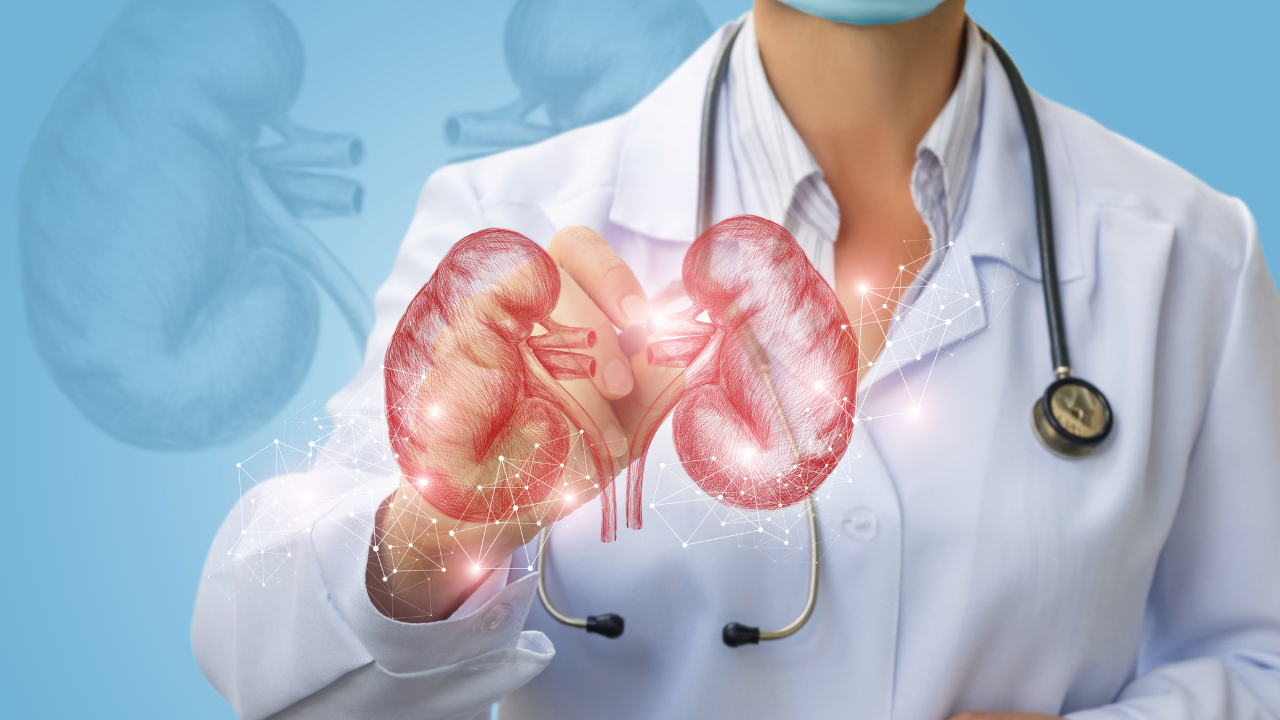
How Medications Can Mess with Your Kidneys:
Now, your kidneys are tough, but they aren’t invincible.
Medications can affect the way they filter your blood, sometimes causing damage if used improperly. This is called nephrotoxicity—basically, it means “toxic to your kidneys.
For some people, especially those who are older, have chronic conditions like diabetes or high blood pressure, or are taking certain meds for long periods, the risk of kidney damage is even higher.
1.NSAIDs (Non-Steroidal Anti-Inflammatory Drugs)
Ever popped an Advil or ibuprofen for a headache or muscle pain?
NSAIDs are super common, but they’re also one of the biggest offenders when it comes to kidney damage. While they’re great for reducing pain and inflammation, long-term or high-dose use can decrease blood flow to your kidneys, causing harm.
Here are some of the most common NSAIDS and their brand names to the side:
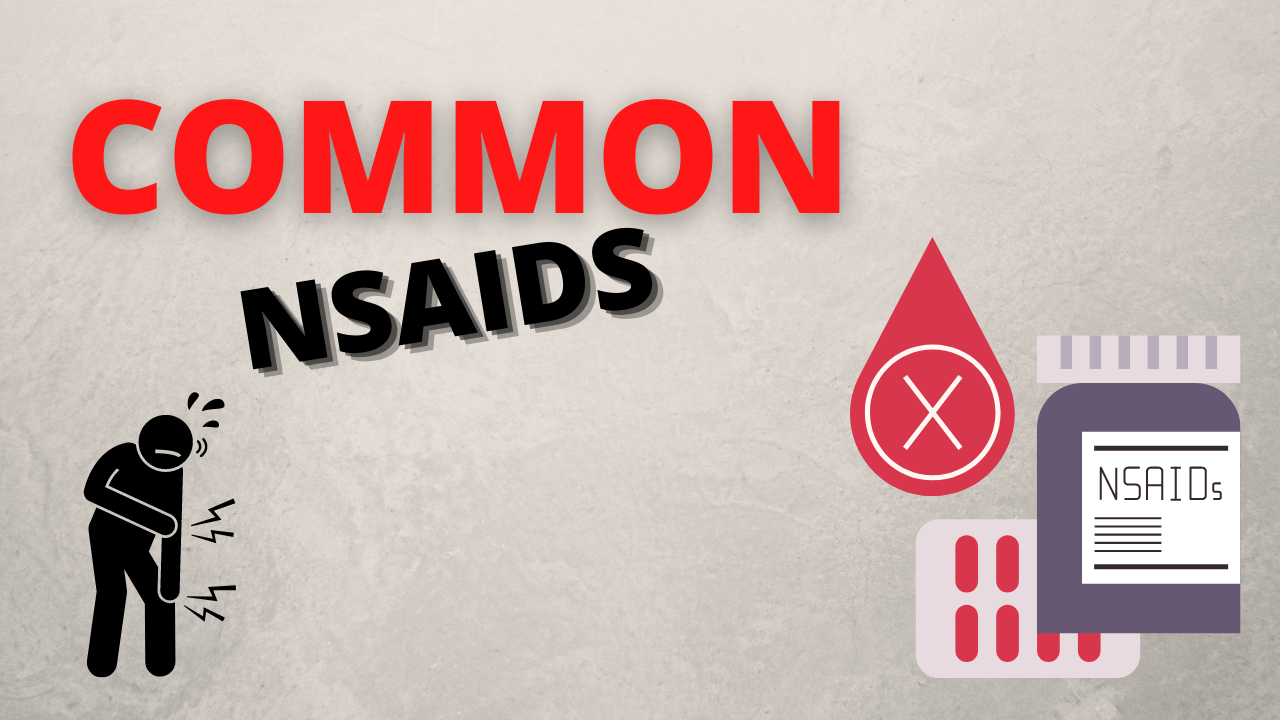 (Motrin,Advil)
(Motrin,Advil)- (Aleve)
- (Voltaren)
- (Celebrex)
- Meloxicam (Mobic)
- (Indocin)
NSAIDs block an enzyme called cyclooxygenase (COX) —that helps with inflammation but also reduces blood flow to the kidneys. –>Over time, this lack of blood flow can lead to kidney injury.
What to Watch For:
- Avoid taking NSAIDs for more than a few days without talking to your doctor.
- People with chronic kidney disease or high blood pressure should be especially cautious. If you rely on NSAIDs for pain relief, consider alternatives like acetaminophen or talk to your healthcare provider about safer long-term options.
2.ACE Inhibitors and ARBs
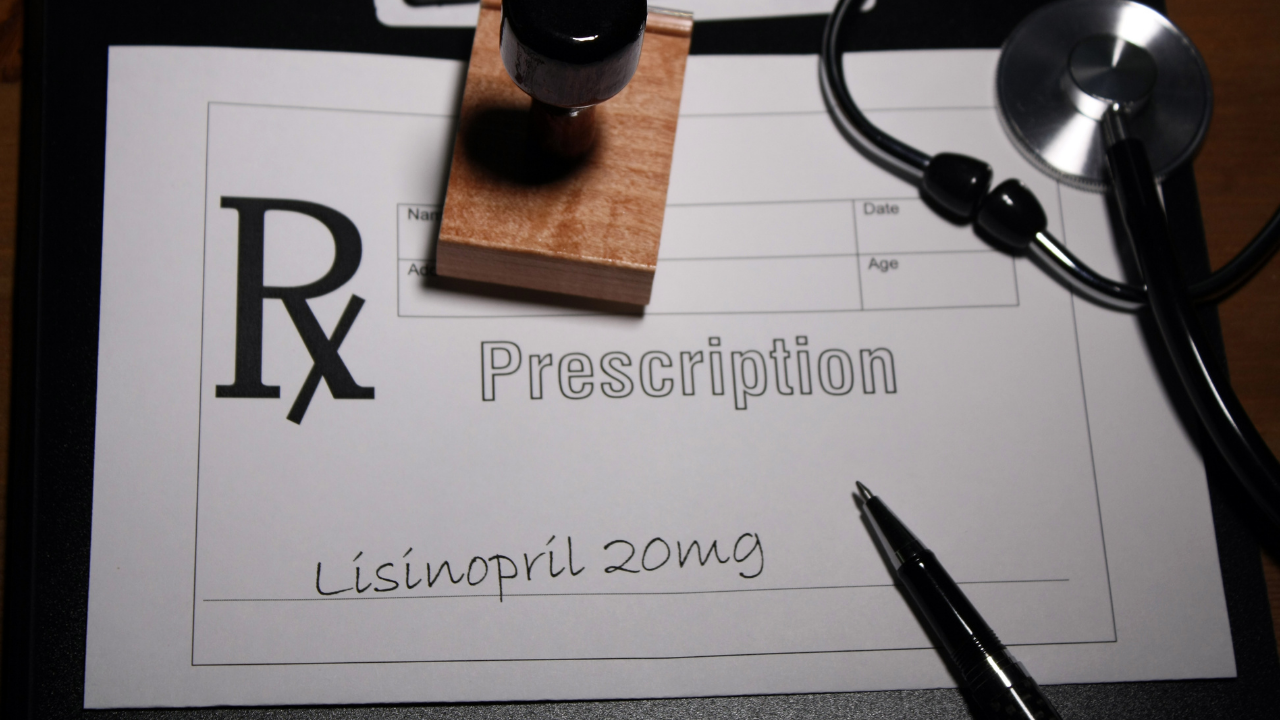
These medications are usually prescribed for high blood pressure and heart failure.
Examples of ACE inhibitors are Lisinopril (Zestril), Ramipril(Altace) or Enalapril(Vasotec). Examples of ARBS are Losartan (Cozaar), Valsartan(Diovan)or Irbesartan(Avapro) They’re effective at lowering blood pressure and protecting the heart, but they can also cause kidney issues, especially if taken in high doses or combined with other meds.
ACE inhibitors and ARBs reduce blood pressure by relaxing your blood vessels, but they also affect the way your kidneys filter blood. In some cases, they can reduce kidney function.
What to Watch For:
- Regular blood tests can help monitor kidney function if you’re on these meds.
- If you feel more fatigued than usual, or your urine output changes, let your doctor know—it could be a sign that your kidneys are struggling.
3.Antibiotics :
Especially Aminoglycosides Antibiotics are lifesavers when it comes to bacterial infections, but some types, like aminoglycosides (e.g., gentamicin), can be harsh on your kidneys. Even other common antibiotics like vancomycin or penicillin, when used in high doses or for long durations, can lead to kidney strain.
How It Works:
These antibiotics can damage the tiny filtering units in your kidneys, known as nephrons. Over time, this can lead to decreased kidney function, especially in older adults or those with pre-existing kidney issues.
What to Watch For:
- Be mindful of your antibiotic use and don’t overuse them.
- If you’re prescribed aminoglycosides, your doctor will likely monitor your kidney function closely.
- Ask your doctor if there are alternative antibiotics that are less harmful to your kidneys, particularly if you need them frequently.
4.Proton Pump Inhibitors (PPIs)
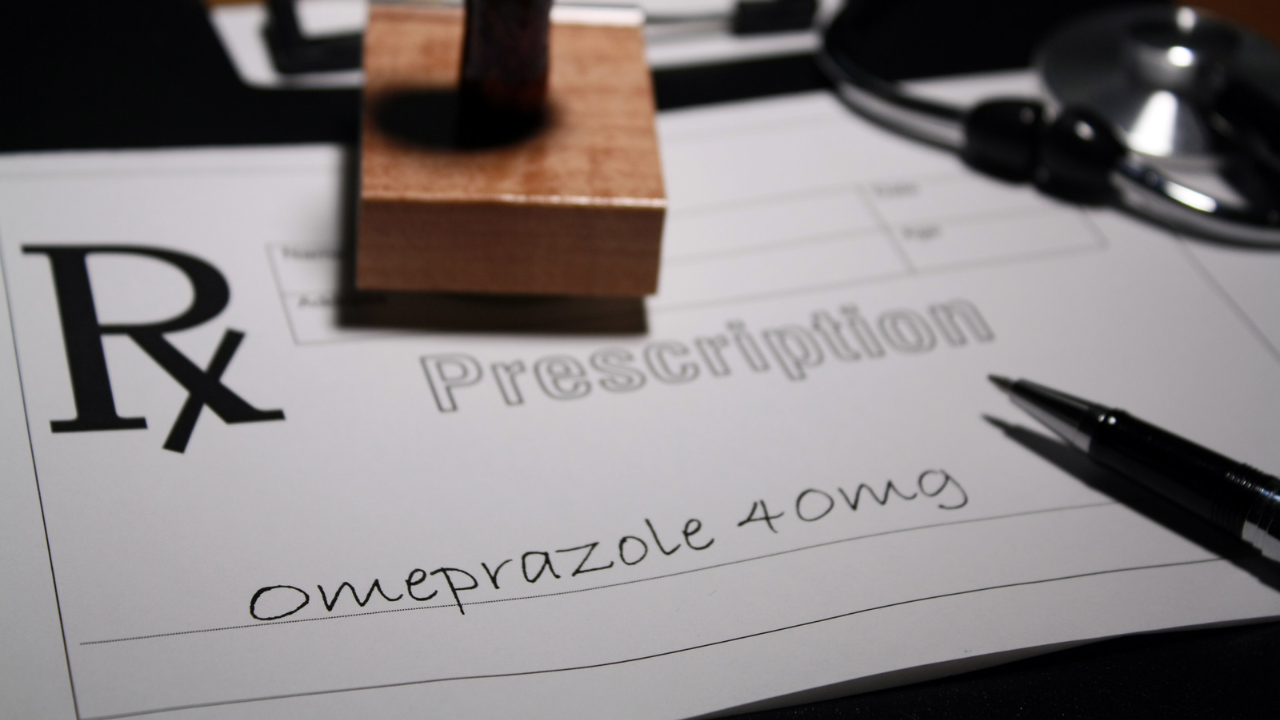
If you suffer from heartburn or acid reflux, you might be taking medications like Omeprazole (Prilosec) or Pantoprazole(Protonix).
While these meds work wonders for your stomach, research shows they could increase your risk of chronic kidney disease, especially if taken long term.
How It Works:
PPIs reduce stomach acid production, but long-term use has been linked to kidney inflammation and chronic kidney disease. The exact mechanism isn’t fully understood, but studies suggest that PPIs may trigger an immune response that leads to kidney damage.
What to Watch For:
- Use PPIs only as directed and avoid long-term use unless necessary.
- If you’ve been taking PPIs for years, ask your doctor to assess your kidney function. Some experts suggest switching to H2 blockers like Famotidine(Zantac) which may be less harmful to your kidneys.
5.Diuretics (“Water Pills”)

Diuretics help your body get rid of excess salt and water, and they’re commonly used to treat high blood pressure, heart failure, and certain kidney conditions. Examples of diuretics are Furosemide(Lasix)or Bumetanide (Bumex).However, overuse or improper use can put strain on your kidneys.
How It Works:
Diuretics increase urine production, but if your body loses too much water, it can lead to dehydration and reduced kidney function.
What to Watch For:
- Make sure your health care provider is regularly checking your kidney function through blood tests.
- If you’re feeling excessively thirsty or dizzy, it could be a sign that your body is losing too much water. Always talk to your doctor before making changes to your diuretic dosage.
6.Lithium (Used for Bipolar Disorder) Lithium is a mood stabilizer often prescribed for bipolar disorder. While it’s an effective treatment, long-term use can cause significant kidney damage.
Lithium can build up in your bloodstream, especially if your kidneys aren’t working at full capacity. Over time, this can lead to chronic kidney disease.
What to Watch For:
- Regular blood tests to monitor lithium levels and kidney function.
- Stay hydrated and follow your prescribed dosage strictly.
- If you notice increased urination or thirst while on lithium, these could be early warning signs of kidney trouble.
7.Herbal Supplements
Wait, what?
Aren’t herbal supplements supposed to be healthy?
Well, not always.
Some herbal products contain compounds that can be harmful to your kidneys, especially if they’re taken in large quantities or mixed with other medications. They may even interact with prescription medications you are on.
Some herbal supplements have aristolochic acid, which is harmful to kidneys.
I’ll list these herbal supplements to the side so you can take a look. I’ve also listed a link to the national kidney society website below for further detail.
- Astragalus
- Barberry
- Cat’s Claw
- Goldenrod
- Horsetail
- Java Tea Leaf
- Licorice Root
- Nettle, Stinging Nettle
- Oregon Grape Root
- Parsley Root
- Uva Ursi
What to Watch For:
- Always check with your doctor before starting any new supplement.
- Just because it’s “natural” doesn’t mean it’s safe. Always be cautious, especially if you already have a kidney condition.
Warning Signs of Kidney Damage: Kidney damage often doesn’t show symptoms until it’s far along, but here are some things to watch for:
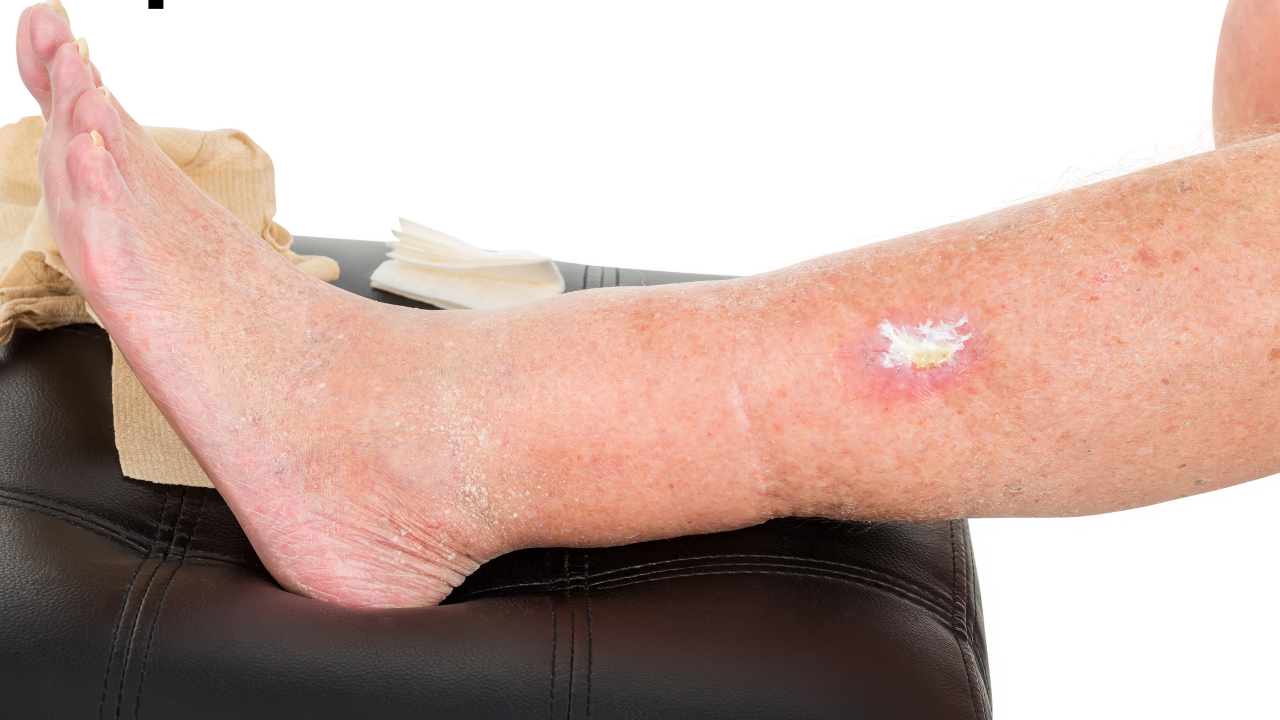
- Fatigue
- Swelling in your legs, ankles, or face
- Changes in urination (too much, too little, or foamy urine)
- Shortness of breath (fluid buildup in the lungs)
- Nausea and vomiting
If you notice any of these signs, talk to your health care provider right away.
How to Protect Your Kidneys:

Now that you know the risks, how can you protect those precious kidneys?
1.Stay Hydrated: Water helps your kidneys flush out toxins. Aim to drink about 8 cups of water a day unless your doctor advises otherwise.
2.Talk to Your Doctor: Always ask if a medication could affect your kidneys, especially if you’ll be on it long-term.
3.Get Regular Checkups: Blood and urine tests can help catch kidney problems early. If you’re at higher risk due to conditions like diabetes, hypertension, or heart disease, regular monitoring is key.
4.Limit NSAIDs: Avoid using them daily unless prescribed.
5.Know Your Risk: If you have high blood pressure, diabetes, or a family history of kidney disease, be extra careful with medications.
Sources:
- Xie Y, Bowe B, Li T, Xian H, Yan Y, Al-Aly Z. Long Term Kidney Outcomes among Proton Pump Inhibitors Users without Intervening Acute Kidney Injury. Kidney International. Feb. 22, 2017.
- https://www.kidney.org/kidney-topics/herbal-supplements-and-kidney-disease
- https://www.cdc.gov/kidney-disease/index.html




